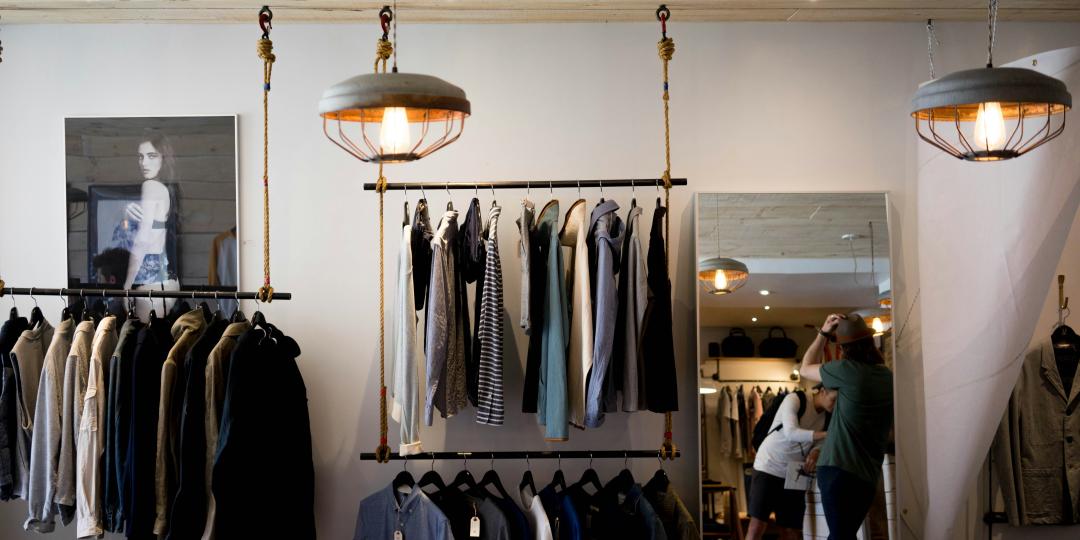Business confidence among retailers rebounded to its long-term average, rising five percentage points to 39% in the second quarter of this year.
This is according to the Bureau for Economic Research (BER) retail survey for the second quarter of 2024.
“At 39%, confidence is level with the long-term average. Importantly, the survey was conducted before the general election, introducing substantial uncertainty in the respondents' outlook,” the BER said.
Less load-shedding than expected and a slight moderation in headline inflation may have boosted retail confidence, the BER economists noted.
The BER added that this was likely countered by political uncertainty surrounding the election and the expectation that interest rates may remain higher for longer than anticipated at the start of the year.
“There is a large variation in confidence between the different retail subcategories. Retailers of non-durable goods and hardware reported improved confidence, in contrast to retailers of semi-durable goods, furniture and new vehicles,” the BER said.
“Despite improved confidence, retailers of non-durable goods are more pessimistic about sales volumes than during the first quarter,” said the Bureau.
Stats SA reported a 1.9% increase in sales volumes for the first quarter, but the BER survey results suggests that the trend may weaken this quarter.
Confidence among semi-durable goods retailers (textiles, clothing, footwear and leather goods) fell dramatically from 68% in the first quarter to 38%. Coming off a high base due to strong growth after the Covid-19 pandemic and during the 2023 Rugby World Cup, the drop in confidence follows weak sales during the first quarter.
“Online competitors like Shein may also be straining the sales of domestic clothing retailers. Confidence among furniture retailers and new vehicle dealers also weakened, as these sectors are vulnerable to high interest rates,” the BER said.
However, in contrast, hardware retailers have a more bullish outlook, with confidence more than tripling from 15% to 47%. Confidence is close to the long-term average for the first time in two years.
“Looking ahead, less load-shedding than in 2023, a moderation of inflation and hopefully less political uncertainty, once the new parliament has been announced, may boost the sector,” said the BER.
But the economists added that consumers' real disposable income will be constrained for as long as real interest rates remain high, with a particular impact on furniture retailers and new vehicle dealers.













